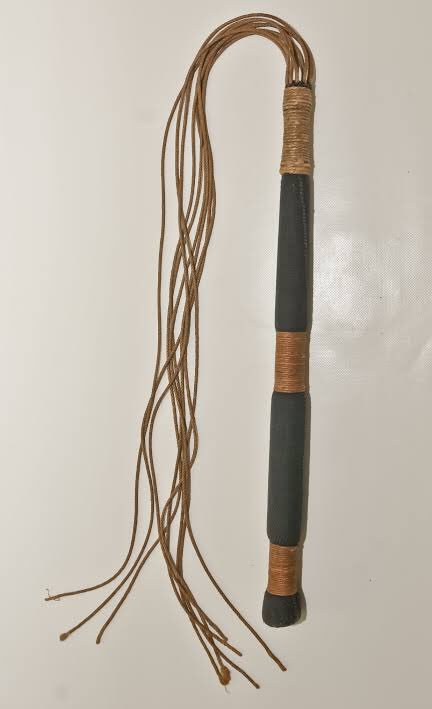
Was doing some reading on punishment in Colonial Africa and discovered something.
I was reading an article about punishment in Colonial Kenya when I stumbled across a very familiar word 'kiboko'. Pretty identical to our Nigerian 'koboko' me thinks 🤔 Based on the context I'm guessing it has the same meaning too. A whip made from animal skin. 



I love finding links btw languages so I excitedly did a little googling. Turns out the word has origins in the Indonesian 'Cambuk'. Also a stick used to beat slaves (at this point I was no longer excited but couldn't stop digging 🥴) 



It seems that when Malay slaves were taken to South Africa the whip and its meaning also went with them.
Overtime the word 'cambuk' was incorporated into Afrikaans and became 'Sjambok'. Sjambok is synonymous with apartheid in South Africa because it was often used on locals by the police. 

I'm not a linguist/historian but I guess somewhere along the line this whip and the violence it represents made its way to other British Colonies like Kenya and Nigeria. Becoming part of our everyday vocabulary.
I'm rambling a bit but I find this really sad and this is something I've encountered a couple of times during research. Reading about the brutalities of colonisation is rough bc no matter how detached you want to be, every now and then it hits you that these are your ancestors.
Even if you try to be somewhat detached, things like these are pretty heavy to just ignore. What's even sadder is that research colonial modes of punishment never went away, they have simply been inherited by our modern governments. The violent legacies still stand.
So yeah...not quite sure how to round this up but I'm just praying and hoping for better days ahead 🤞🏾
• • •
Missing some Tweet in this thread? You can try to
force a refresh



